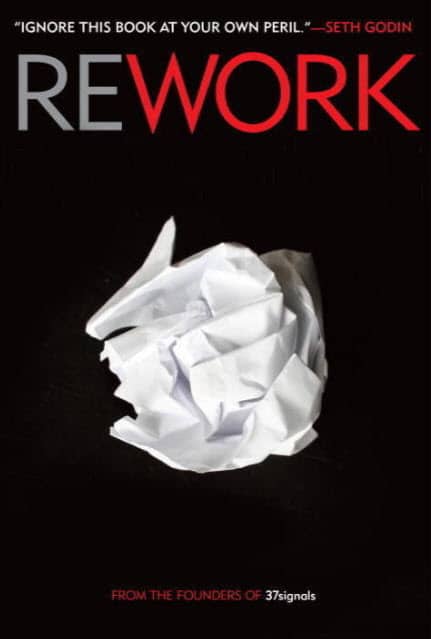Case Study #3: The Boomerang Sale
 In 1986 David Phelps started a dental practice called the Gentle Dental.
In 1986 David Phelps started a dental practice called the Gentle Dental.
20 years later, for a number of reasons, he decided to sell.
But before six months had passed, he was in litigation to reacquire the business, and 24 months after that, he sold the business again…this time, successfully.
“Boomerang” Sale?
This was a term David used to explain how he thought he’d sold his business, but it came back to him and he had to take it over and sell it again.
Some Background on David
When David’s daughter Jenna was 2 years old she was diagnosed with a high risk of leukemia. The stress of having to deal with the treatment and care of a very sick child led to the end of his marriage and eventually the treatment for leukemia led to liver failure for his daughter.
During the time he was helping his daughter recover from the liver transplant she received, he realized that he wasn’t capitalizing on the promise that all business owners seem to buy into: living life on their own terms. He needed his daughter’s illness to see that, and he made a decision to sell.
Valuation of Dental Practices
David shared that the formula is usually 60-75% of gross revenue or 1.4 to 2 times net revenue. The multiple is lower simply because the market sees dental practices very often as “technician-driven,” to use Michael Gerber’s terminology.
Sale #1
Over the years David hadn’t brought on associates with an eye to selling the practice to them. This time he did and he found someone quite technically gifted in dentistry and moved into a sale process with him about 6 months later. Because the buyer had credit issues, he wasn’t able to obtain bank financing to make the purchase. He’d agreed to a sale price of about $1M but it was 100% seller financed by David. David was to find out soon enough that those credit issues were due to character flaws.
Litigation and Damage Control
The former associate had only made five or six on-time payments before missing a payment and, before long, he was in default. David spent eight months and over $100,000 in litigation costs to take back control of the business. That doesn’t even take into account the PR campaign he had to undertake to let the community know that the business was “under new (old) management.” The revenues were down 50%!
Sale #2
Having gotten this far, David wasn’t going to give up easily. He re-assumed the technician role for 3-6 months, but then aggressively brought in associates – three in all – and expanded the hours of the practice. In 12 months he exceeded the revenues of the business for the previous “sale,” and 12 months after that, one of the associates who’d proven himself a leader in the practice went down to the bank and obtained 100% financing. David sold the business for 100% cash upfront this time, instead of 100% financing, and lived to tell us the story.
Key Takeaways
- Don’t wait until a family tragedy to build your business to survive without you
- Strongly reconsider a 100% seller financed deal
- Make sure you trust your gut when it comes to judging the character of your potential buyers
- It’s those with grit that survive botched business exits
To learn more details of this story and what David is doing now, click here.

 If Millennials have added anything to the conversation around hiring these days, it’s the idea that cultural fit matters.
If Millennials have added anything to the conversation around hiring these days, it’s the idea that cultural fit matters. You can google the title of this article and you’ll find hundreds, perhaps thousands, of articles, many of which take a position as to why you should “never” have a partner or “always” have a partner.
You can google the title of this article and you’ll find hundreds, perhaps thousands, of articles, many of which take a position as to why you should “never” have a partner or “always” have a partner.
